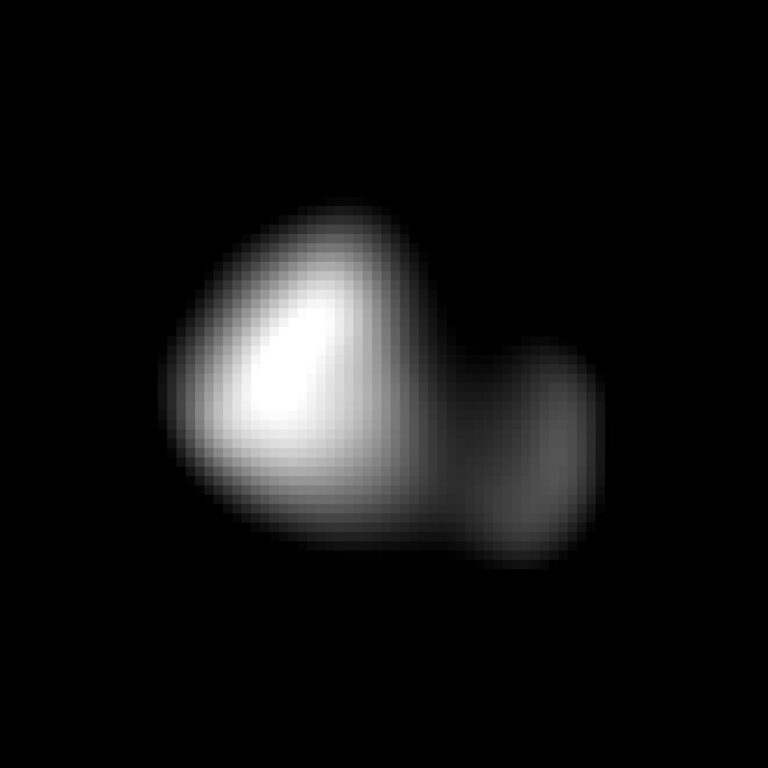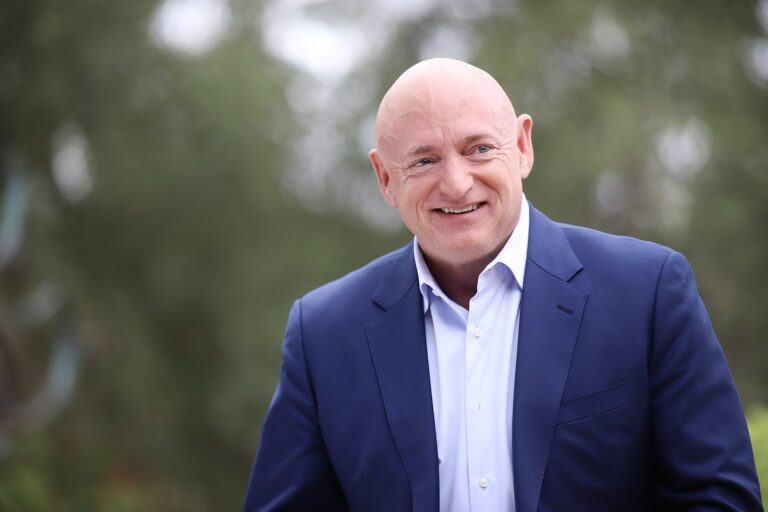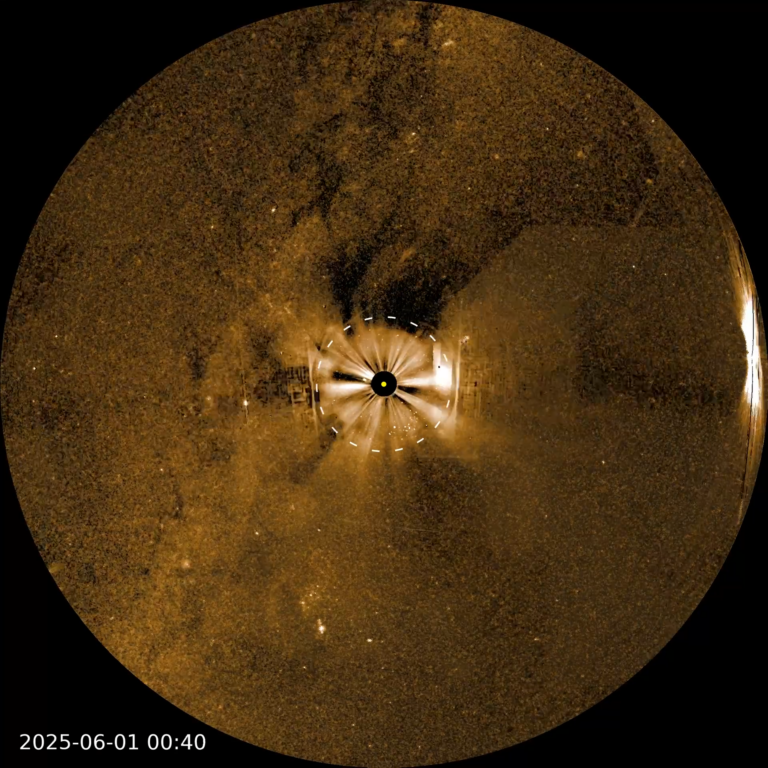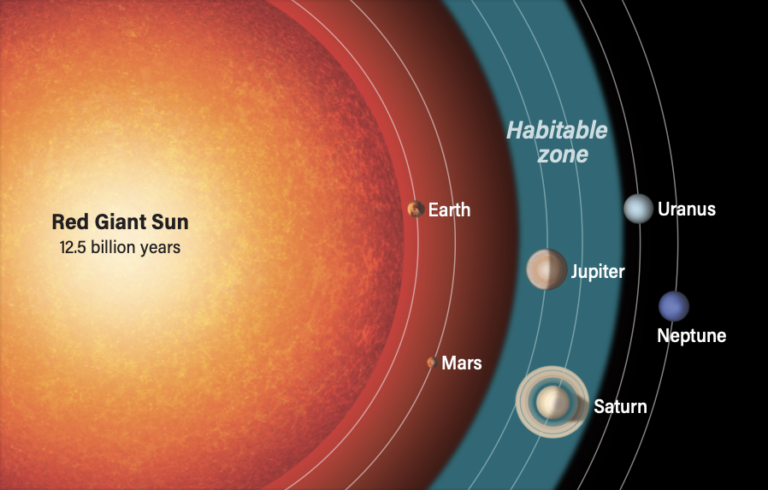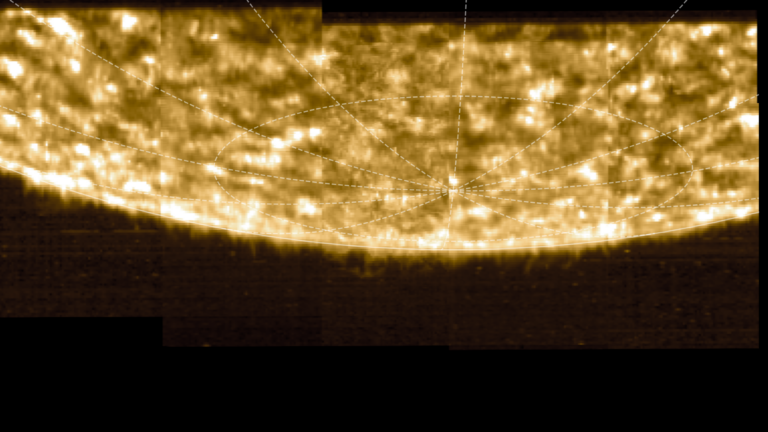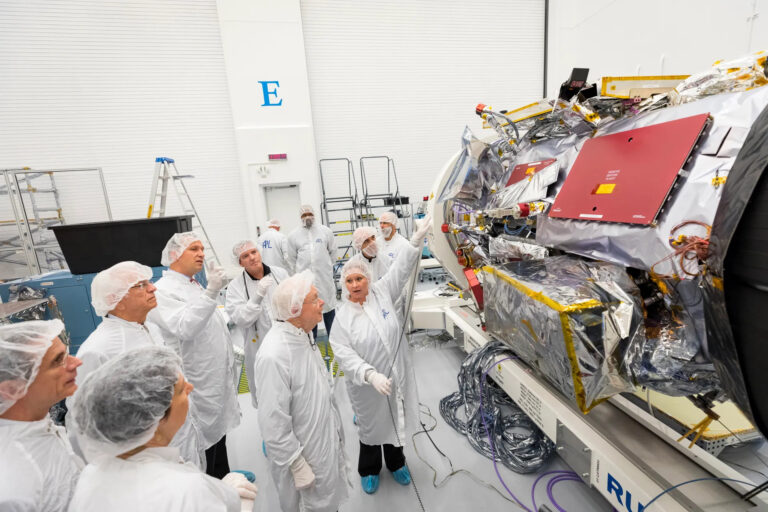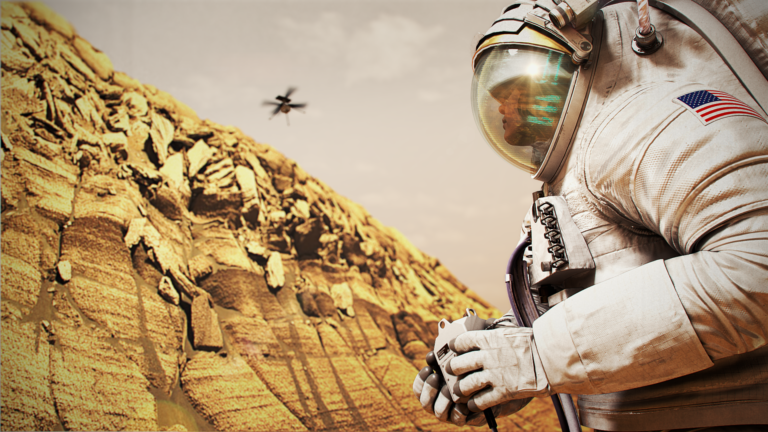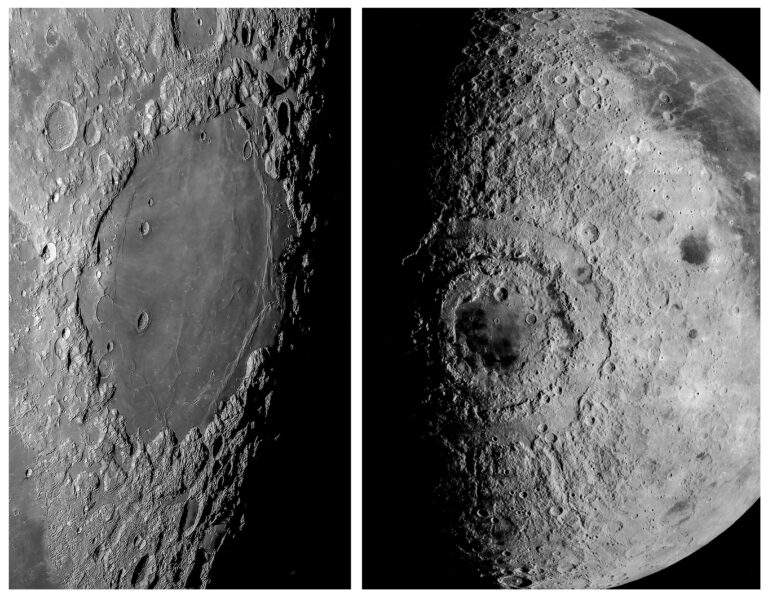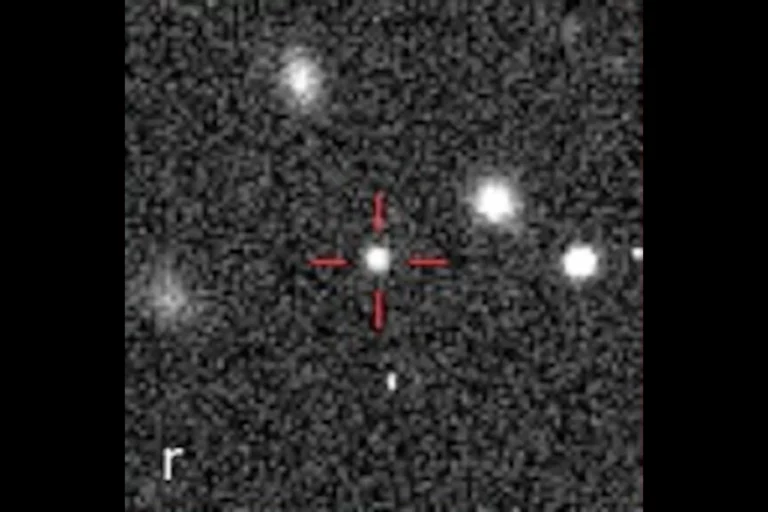A new astronomical movie is here! A satirical sci-fi comedy, Don’t Look Up was written, co-produced, and directed by Adam McKay. The man behind Anchorman, Talladega Nights, and The Other Guys now treads upon the turf of science, and this film is a major win. It is funny, thought-provoking, and very meaningful, and has an all-star cast. The Netflix production stars Leonardo DiCaprio, Jennifer Lawrence, Jonah Hill, Tyler Perry, Ariana Grande, Cate Blanchett, and Meryl Streep, among others.
Astro enthusiasts will no doubt find this film to be one of their future favorites, joining such classics as 2001: A Space Odyssey, Contact, The Martian, and others as films to watch again and again.
Recently I talked with a friend, astronomer Amy Mainzer of the University of Arizona, who served as technical advisor on the film.
DJE: Tell me a little about the film. It looks like it’s going to be delightful.
AM: It’s a comedy. It’s about a serious topic, but at the same time, it’s meant to make us think about how we deal with serious problems in society. I hope it’ll make people laugh and think and feel a bunch of different emotions. I really enjoyed working on it. It’s a really talented team of people.
DJE: We’ve had lots of dreary, over-the-top sci-fi movies about asteroids or comets crashing into Earth and killing us all. This one looks like much more fun.
AM: It’s definitely a science fiction movie, so of course there are places where the story diverges from reality. And that’s a good thing. We don’t know of any asteroids or comets that are on a collision course with Earth. That’s the great news. But the team here did try to make a great effort to portray science accurately. The process of discovering the objects, how scientists think, how we try to communicate with the public, and so on. Science is a very human process.
DJE: Tell me a little bit about the cast. This is a Netflix film and it has what some might call an all-star cast.
AM: The cast was fantastic to work with. These are some really seasoned, professional actors. I spent a lot of time talking to the cast members about their characters, helping them get familiar with how scientists think, and how this particular line of science works. What would we do if we made such a discovery? One of the most wonderful things about working with this group of people is that they are all people who are really, deeply interested in science. They really wanted to portray the science community in an accurate way.
DJE: You’re the science advisor on this film. How did that process come about for you?
AM: I met the director through a connection at NASA headquarters. They were looking for someone to help advise on the science a little bit. So I talked to Adam McKay and we really hit it off. He’s incredibly smart. And he’s interested in how science works. So it was a fun process to see the script from its earlier drafts. It was great to help make this particular scenario as plausible as it reasonably could be. We know that an asteroid or comet impact of this scale is incredibly unlikely. Which is a really good thing! But in our current era the script explores how such a thing might play out.
DJE: Amy, you’ve been involved in a number of areas of astronomy. For those who don’t know you, could you describe your areas of research?
AM: I have worked on the instrumentation side of astronomy. The tools of astronomy and remote sensing. And researching things inside the galaxy. In the last 15 years or so I’ve been working on small bodies, things close to the Sun. I’ve also been branching out into a little Earth science research. Working on this film has inspired me to do more of that, because climate change affects all of us. One of the great privileges of working in astronomy is that it does give you a sense of perspective. This is our home planet and we really need to protect it. That’s a big part of this movie. Science is a part of our everyday lives, whether we realize it or not, and we hope people will make science-based decisions.
DJE: Obviously this movie is entertainment, it’s sci-fi — but this is what inspires people. It’s storytelling. Otherwise we’d have nothing but documentaries. Do people come away from this movie with a greater understanding of science?
AM: I hope so. That’s a big hope that I have. I hope they’ll understand just a little more about the scientific process. With all of its joys and despairs. As science teaches us about the arts, including movies and music, and the arts help us define how we feel about it.
DJE: Amy, thanks so much for joining me today, and good luck with everything you’re working on.
AM: Thanks, Dave.






